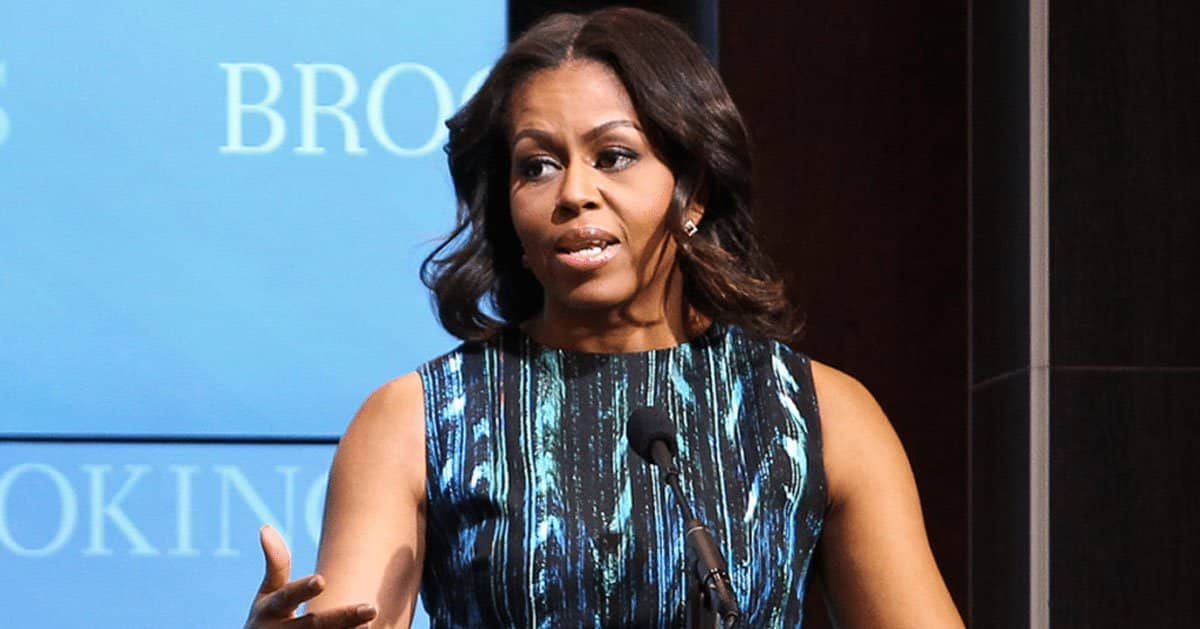







Conservative voices lost a key figure when Charlie Kirk, a staunch ally of former President Donald Trump, was fatally shot during a speaking event at Utah Valley University on Sept. 10.
USA Today reported that amid widespread condemnation from both Republican and Democratic lawmakers, officials labeled the incident a targeted attack and political assassination, with the shooter still at large as of early Sept. 11.
That afternoon, around 3 p.m. ET, as news of the shooting broke, MSNBC correspondent Katy Tur brought on analyst Matthew Dowd for an interview about the unfolding tragedy.
Dowd, a former strategist for President George W. Bush's 2004 reelection and later a contributor at ABC News, had joined MSNBC as a political commentator in 2022.
In the discussion, Dowd described Kirk as "one of the most divisive, especially divisive younger figures" who pushes what he called hate speech aimed at certain groups.
He added, "And I always go back to, hateful thoughts lead to hateful words, which then lead to hateful actions," suggesting a link between rhetoric and the violence— a claim that overlooks how free speech, even sharp-edged, shouldn't invite blame for criminal acts by others.
Dowd continued, "You can't stop with these sorts of awful thoughts you have and then saying these awful words and not expect awful actions to take place," framing the environment as one fueling such horrors.
Yet this perspective risks conflating passionate political debate with incitement, a slippery slope that conservatives know all too well from years of being painted as the villains in progressive narratives.
Following the interview, Dowd took to Bluesky with an apology, stating, "thoughts & prayers are w/ the family and friends of Charlie Kirk."
He clarified, "On an earlier appearance on MSNBC I was asked a question on the environment we are in. I apologize for my tone and words."
Dowd emphasized, "Let me be clear, I in no way intended for my comments to blame Kirk for this horrendous attack," and urged unity: "Let us all come together and condemn violence of any kind."
While his remorse seems genuine, it highlights how knee-jerk reactions in the media can deepen divides rather than heal them, especially when targeting figures like Kirk, who champion traditional values.
MSNBC President Rebecca Kutler soon issued her own statement: “During our breaking news coverage of the shooting of Charlie Kirk, Matthew Dowd made comments that were inappropriate, insensitive, and unacceptable."
She added, "We apologize for his statements, as he has. There is no place for violence in America, political or otherwise."
Multiple outlets, including Deadline, Variety, and The Hollywood Reporter, reported that MSNBC had fired Dowd in response, though USA TODAY has sought comment from the network—a move that underscores the swift accountability even liberal outlets face when crossing lines of decency.
In a separate incident, TMZ apologized after laughter was heard in its newsroom as shooting reports emerged, explaining it came from employees watching a car chase elsewhere in the building.
The outlet noted, "Nevertheless ... watching a car chase at that moment was tone deaf, and the sounds of laughter at that crucial moment were totally out of line."
They concluded, "We apologize to anyone who heard that as we were in the middle of covering such a tragic story," reminding us that insensitivity isn't confined to one side, but it's heartening to see corrections made without excuses.
Meanwhile, at Middle Tennessee State University, an employee was dismissed for posting what President Sidney A. McPhee called "inappropriate and callous comments" on social media about the incident.
Dowd's own background includes a brief, unsuccessful run for lieutenant governor of Texas in 2021, after years in political strategy and media analysis.
His comments, like those from the fired university worker, illustrate how progressive agendas sometimes blur empathy with ideology, but in a nation weary of division, perhaps this tragedy prompts a genuine pause for reflection across the board.



